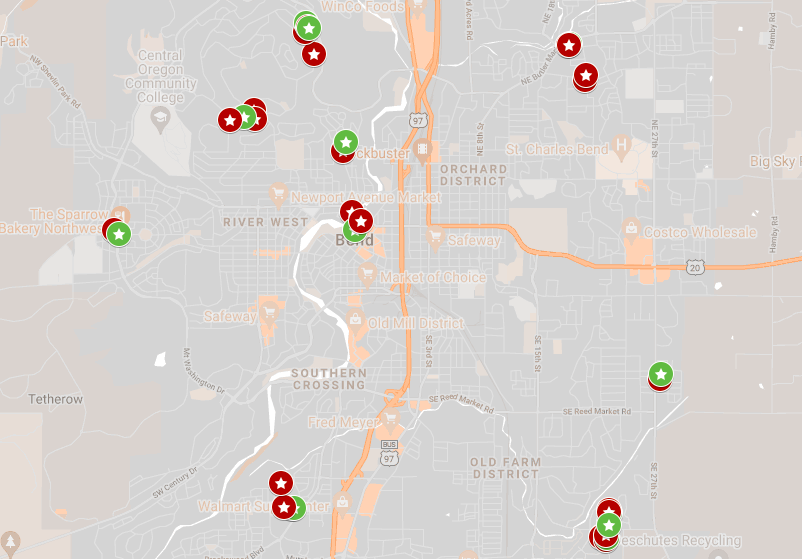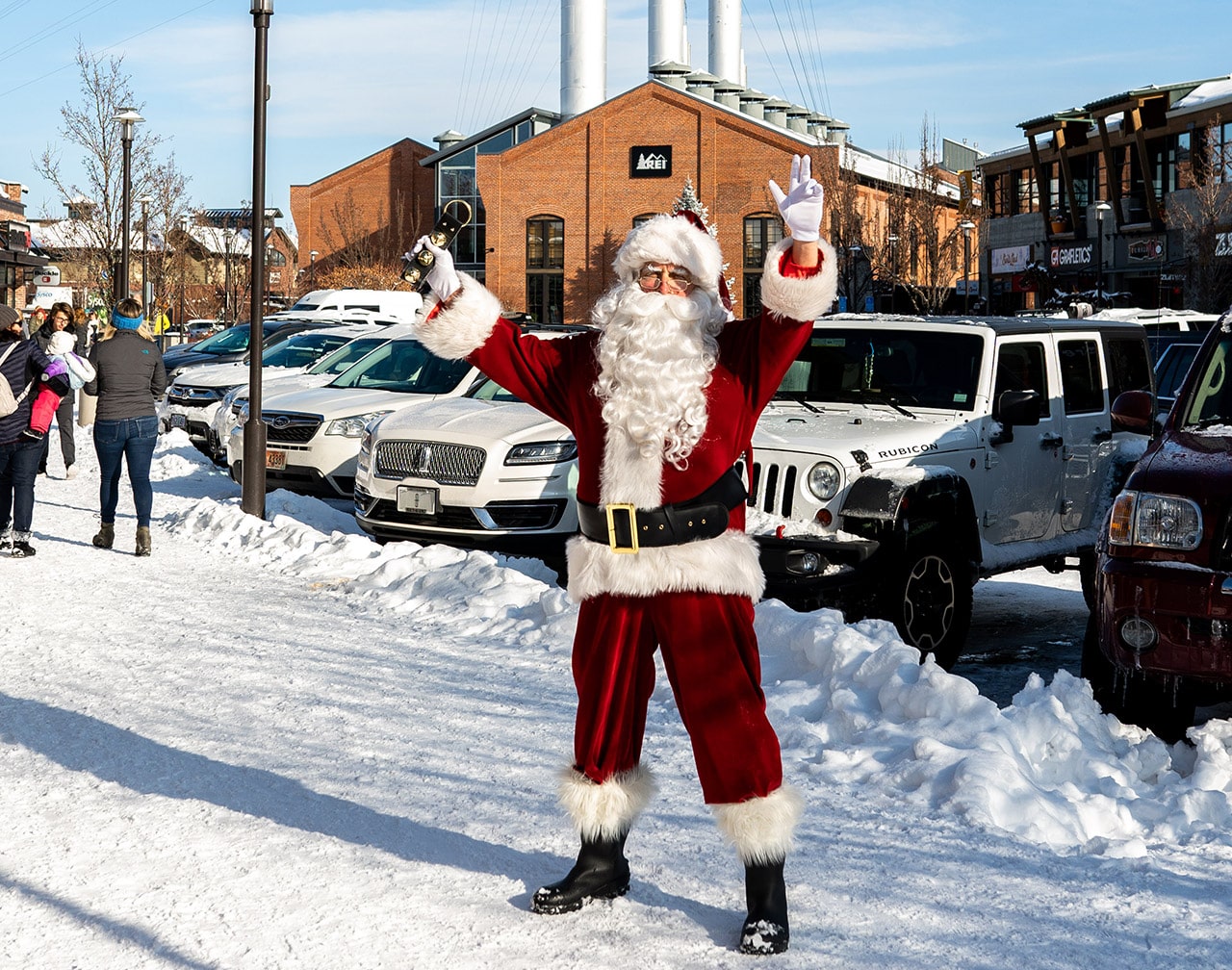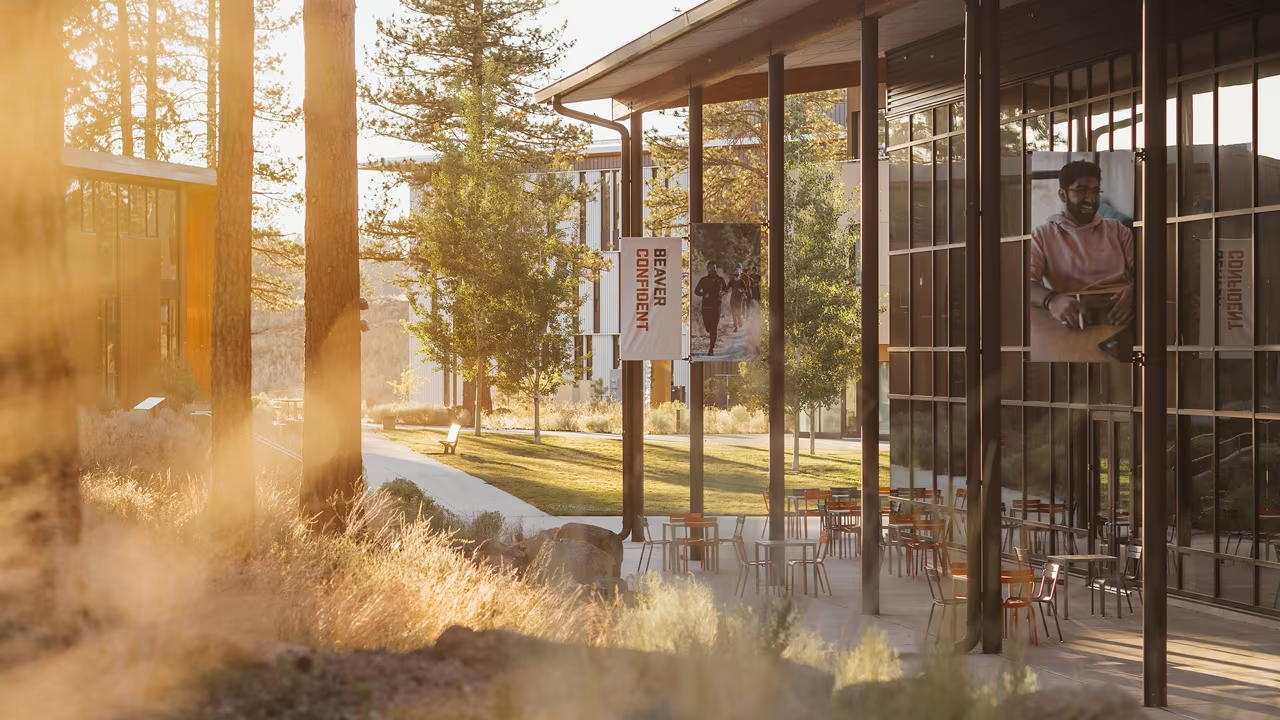Rue McKenrick has spent much of his life relying on his own two feet to take him places, a decision that has led to great accomplishments, but also challenges. As a hiker, backpacker and cyclist, McKenrick has traveled the country extensively. Most notably, he’s hiked all three of the country’s major thru-hikes—the Appalachian Trail, Pacific Crest Trail and Continental Divide Trail—a feat only about 525 people have accomplished. Back home in Bend, where he’s lived since 2010, he travels around town without a car, walking and biking everywhere.
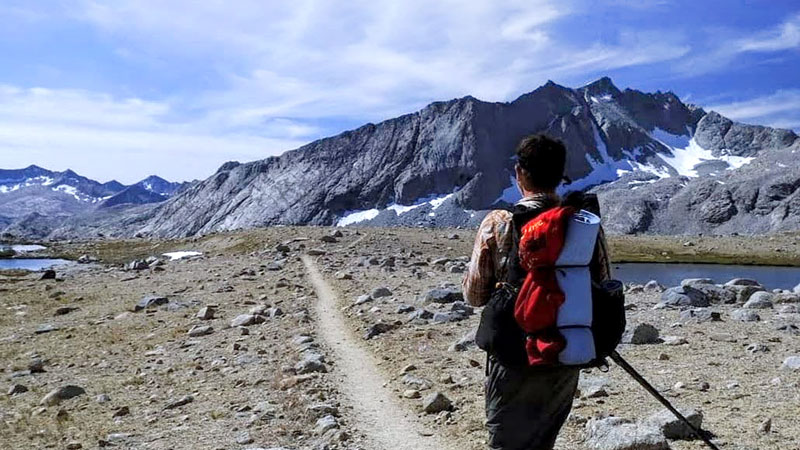
McKenrick’s journeys, while rewarding, haven’t always been easy. He’s pushed his body to extremes while backpacking, with overtraining sending him into the early stages of organ failure. He’s been knocked unconscious by a tree falling on him while he slept and been lifted several inches off the ground in a roadside tornado, he said. He’s hiked with broken bones and countless internal ailments, battled extreme thirst and cramps in the desert and been left to refuel himself on only gas station snacks for days at a time. And in Bend, his decision to walk and bike everywhere has led to five collisions with cars and a cycling crash that caused a traumatic brain injury.
Yet, McKenrick still walks everywhere, still cycles, and for the past two-and-a-half years, has dedicated his life to his latest thru-hike expedition—the scouting, route-planning and establishment of the new American Perimeter Trail. It’s something McKenrick has dreamed of creating for years—a massive thru hike established not just for recreation, but as a means of conserving the land for generations to come. “I’m not creating the next great thru hike, I’m creating America’s next biggest volunteer and conservation project through this thru hiking,” McKenrick said.
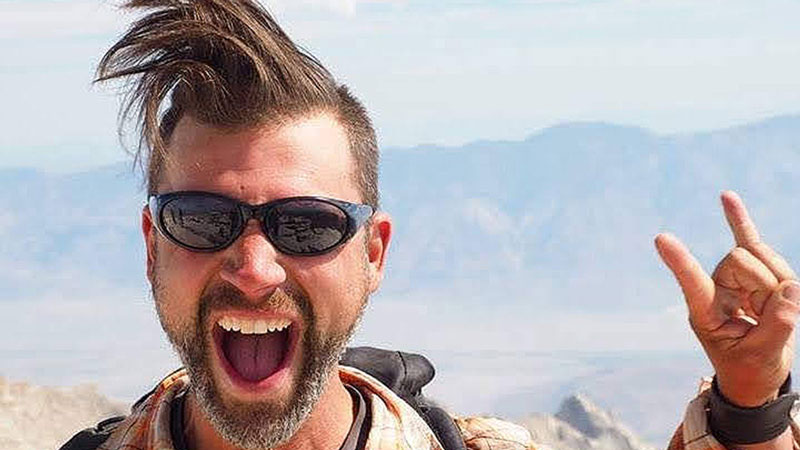
After years of dreaming, McKenrick took off from Bend in July 2019, hiking continuously for thousands of miles over the next fifteen months in an effort to establish the trail’s route. As he hiked, McKenrick began to pick up steam with online supporters, including Leilah Grace, a Pennsylvania physical therapist who initially reached out to help McKenrick with a back injury he posted about on social media. “There was this little voice in my head saying, this guy needs some help,” said Grace, who began helping McKenrick with social media posting and today serves as vice president of the American Perimeter Trail Conference, a nonprofit established in 2020 as a way to give McKenrick’s dream “some legs,” she said. “When I first learned about it, I thought it was just really, really cool and interesting,” said Grace, who volunteers her time with the APT Conference. “I was hooked on this idea of having a hiking trail that you could get on anywhere in the country… But now it’s the conservation piece that has hit home for me—it’s not just a trail, it’s about preserving the land that’s around the trail.”
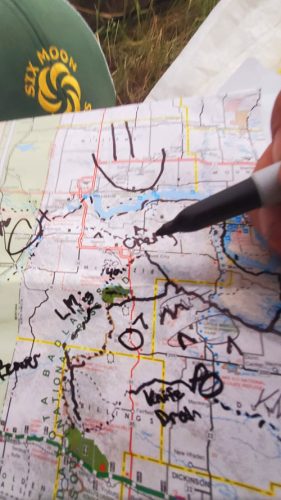
While overtraining during his fifteen-month expedition did a number on McKenrick’s body and sent him home twice in late 2020 and again in 2021, he’s committed to closing the full perimeter loop this year. When finished, the American Perimeter Trail will roughly trace the perimeter of the contiguous United States, starting and ending in Bend. Establishing the trail means pinpointing the route mile by mile, identifying suitable public lands and in some cases pursuing easements, followed by physical trail building in some areas, done in partnership with groups such as AmeriCorps. While few people are likely to hike the entire perimeter trail, they may choose to hike pieces of it, and establishing the route and conserving the land is beneficial for public recreation and for the environment. “It’s about leaving this place better than you found it,” McKenrick said. “And I think time is of the essence.”
While out scouting the 12,000- to 14,000-mile trail, McKenrick is weaving together networks of forest roads and existing trails, using a compass and paper maps to track his progress each night and make notes about the route. “People see the compass and map, and they think I’m crazy,” said McKenrick, who doesn’t rely on GPS navigation and isn’t fussy about which type of gear or brands of equipment he uses. “The most important piece of gear you can have is an open heart,” he said.
The American Perimeter Trail Conference nonprofit is based here in Bend, but draws support from across the country, with the majority of the organization’s founding members coming from outside the area, including many from McKenrick’s hometown in Pennsylvania, along the Appalachian Trail. Supporters can become members of the organization, with regular donations helping to support the conference’s effort to formally establish and build the new trail.
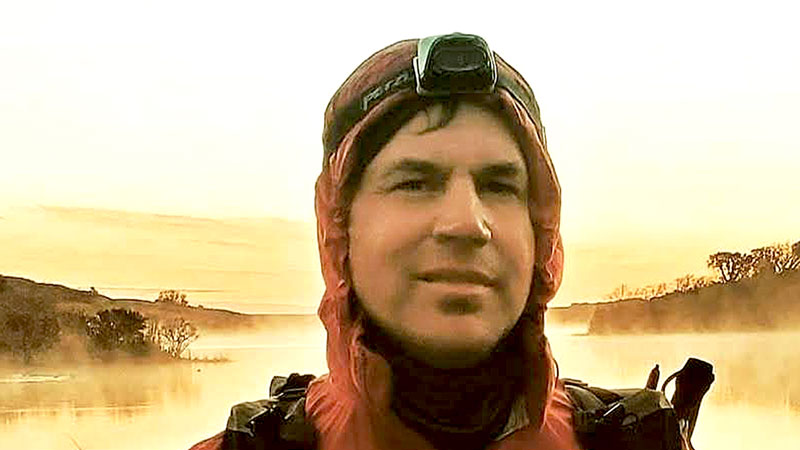
This spring or summer, McKenrick plans to head back out to close the loop on the first full scouting mission of the APT, connecting the last piece of the trail in Washington and then heading south back to Bend for a summertime celebration.
Learn more at americanperimetertrail.org and/or follow McKenrick on Instagram here.


